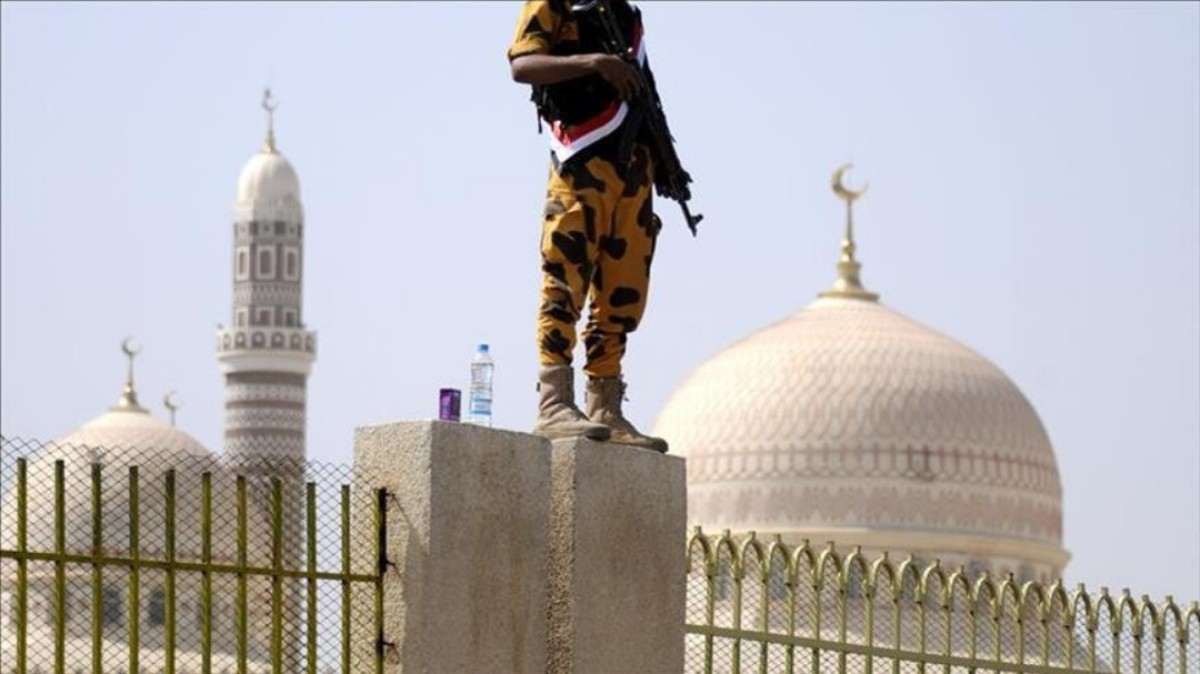Sanaa.. Bloody confrontations leave casualties, arrests, and raids against the backdrop of banning Tarawih prayers


The Houthi group launched a repressive campaign against Salafist mosques in Sanaa, which led to arrests and raids that sparked widespread controversy and violated religious freedoms and beliefs. In a related context, the city witnessed bloody confrontations that resulted in one dead and wounded due to the ban on Tarawih prayers.
The group launched attacks on several mosques, including “Omar bin Al-Khattab,” “Abu Bakr Al-Siddiq,” and “Al-Aqil,” where the imams were arrested and charged with various charges, including “prolonging the prayer.”
These events come within the framework of the Houthis’ attempts to impose ideas that reports consider “Iranian and foreign” on Yemeni society, which conflicts with prevailing religious beliefs.
These actions sparked widespread condemnation by local and international human rights organizations, which demanded an end to the violations and the protection of freedom of religion and belief.
Activists on social media also described the campaign as an attempt to erase Yemeni identity and change the culture of society.
It should be noted that the recent clashes that broke out next to the General Traffic Department on Taiz Street, which resulted in the death of one person and the injury of others, come in the context of the Houthis’ continued attempts to prevent Tarawih prayers from being held. Tribal mediation is trying to resolve the conflict, which has been exacerbated by the presence of Houthi military reinforcements around the region.